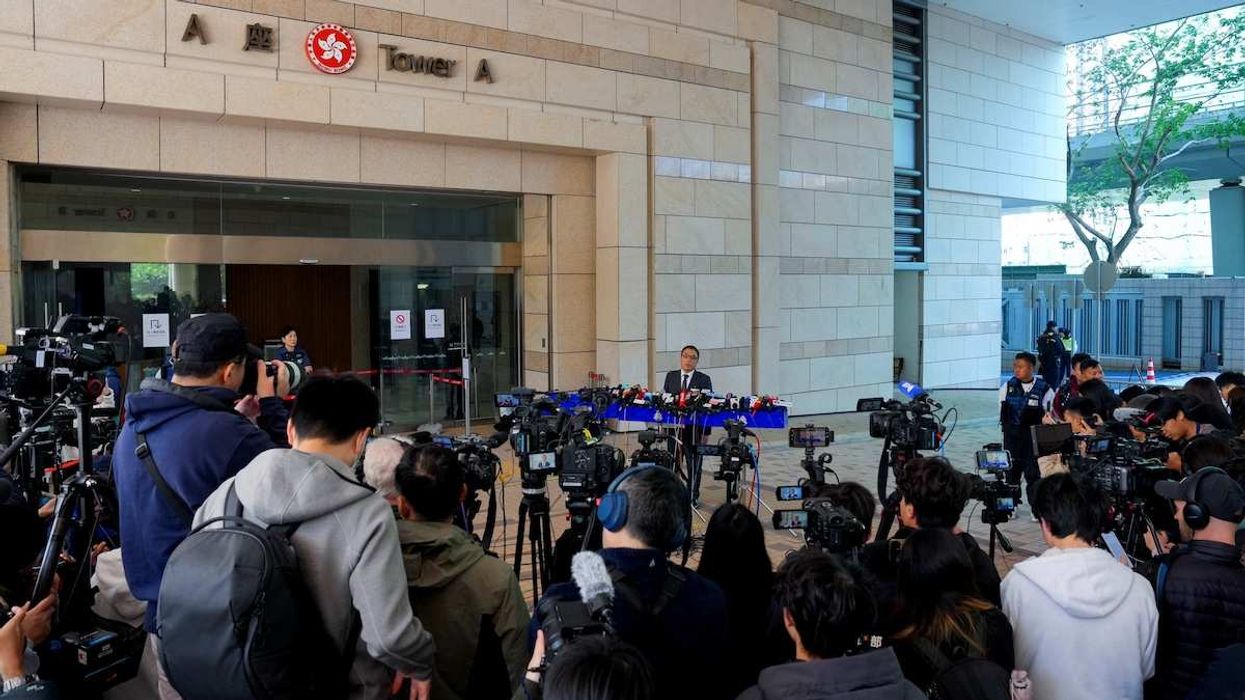Hard Numbers
Hard Numbers: Russia reportedly smuggles its oil in droves, Tunisia slips further away from democracy, Argentina’s labor reform bill clears another hurdle, Rough day for diamond giant
$90 billion: The amount of revenue that Russia has reportedly made from smuggled crude oil exports, after 48 companies worked together to help disguise the origin of the oil and circumvent sanctions that have been imposed since the full-scale war on Ukraine began.
Feb 20, 2026










